Lives on hold: Workers await reopening of closed jute mills
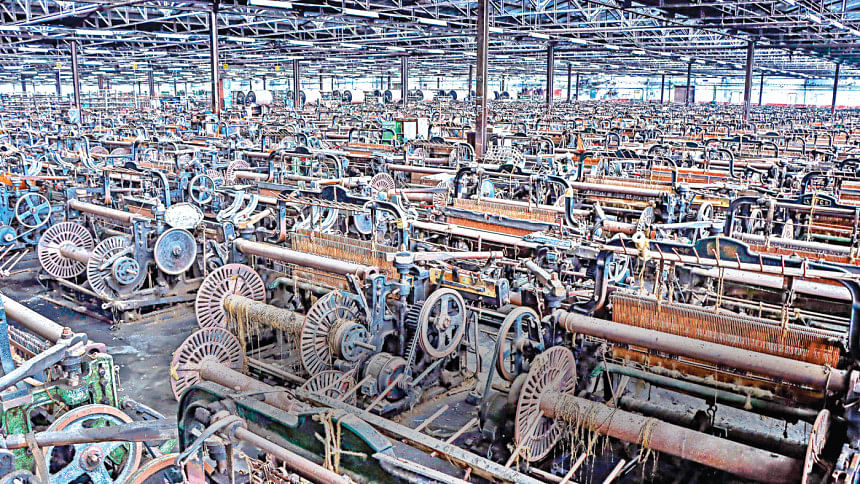
Working at jute mills was somewhat of a family tradition for Nasima Akter.
Her father, Abdul Mannan, migrated from Noakhali's Companiganj to Khulna in the pre-independence era and took a job at Crescent Jute Mills, one of the oldest in the region. Later, Nasima and her two brothers, Shahadat and Al Amin, would follow him into the same line of work, reporting to their factory gates for more than a decade.
The jobs brought security, dignity and stability for the family, till July 2020, when it all came crashing down.
That monsoon, the then Awami League-led government announced the sudden closure of 25 state-owned jute mills across the country, citing years of losses, excessive production costs, and inefficiencies that had made the operations unsustainable.
More than 50,000 workers were laid off, including Nasima and her brothers, in three categories -- permanent, temporary, and substitute workers in the jute mills.
At that time, the then government said closed factories would be modernised and reopened soon through various arrangements, including joint ventures, public-private partnerships or government-to-government partnerships.
Five years on, that revival remains partial and uneven.
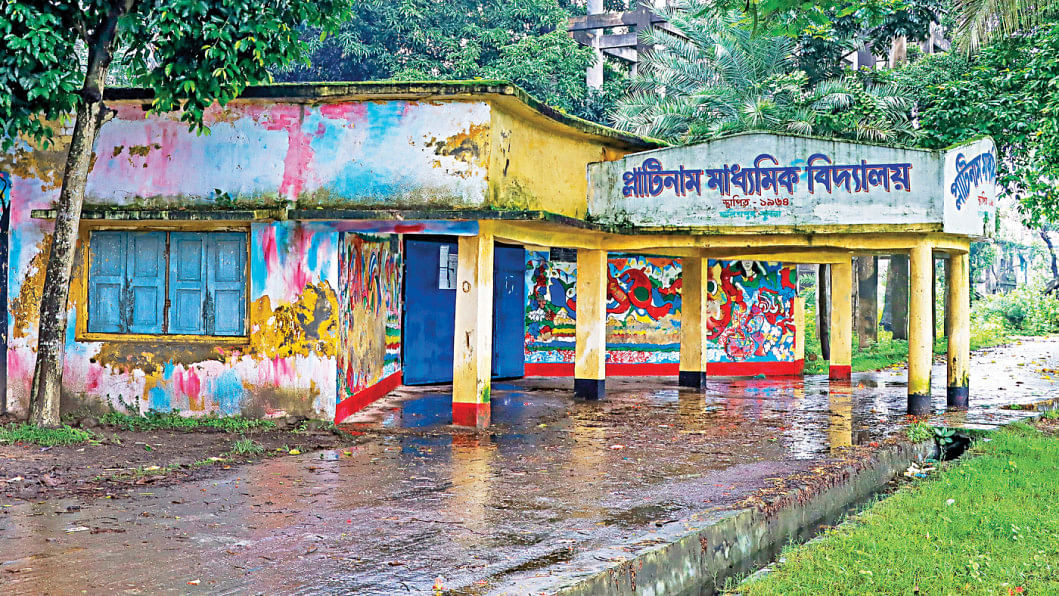
THE SOUND OF SILENCE
Despite all the hurdles, the laid-off workers still hope for a return to their old days. For them, it was not just a job, but also social security and respect.
"When the mill was running, local shopkeepers gave us groceries on credit because they knew we would pay them back when we got our wages. Now they don't trust us anymore. They know we can't pay," said Nasima.
Her brothers, who also lost their mill jobs, survive by hawking goods on the streets of Khulna city.
Tajul Islam, a former worker of Platinum Jute Mills, now earns his bread by working as a helper on public transport.
"Back when the mill was open, we had three proper meals a day. I could afford to feed my three children."
"Back then, when the morning siren blew, we'd line up to enter the mill. Work gave us respect, routine, and joy. Thursdays were payday, our happiest day of the week," he recalled.
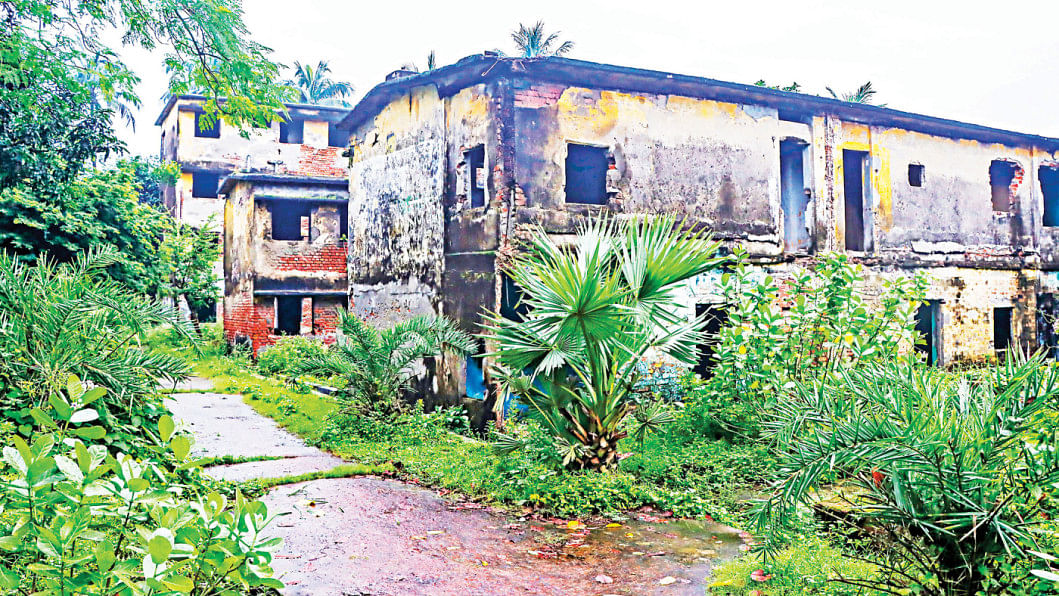
"Now, I work all day, and still, I can't afford the minimum expenses. I don't know when we'll see better days again," he added.
Md Khalilur Rahman, former Collective Bargaining Agent (CBA) leader of the closed Platinum Jute Mills, said that since mill closures in 2020, thousands of families have been pushed into extreme poverty.
"Children dropped out of school, medical care turned into a luxury, and despair became widespread. Hope alone cannot feed a family," said Rahman.
"The collapse of the jute industry has affected every layer of the city, from small vendors to transport workers to landlords," he said, "When the mills were running, life had sound and rhythm. Now, everything is quiet. Hundreds pull rickshaws to survive, and they are hoping that one day it will be open," he added.
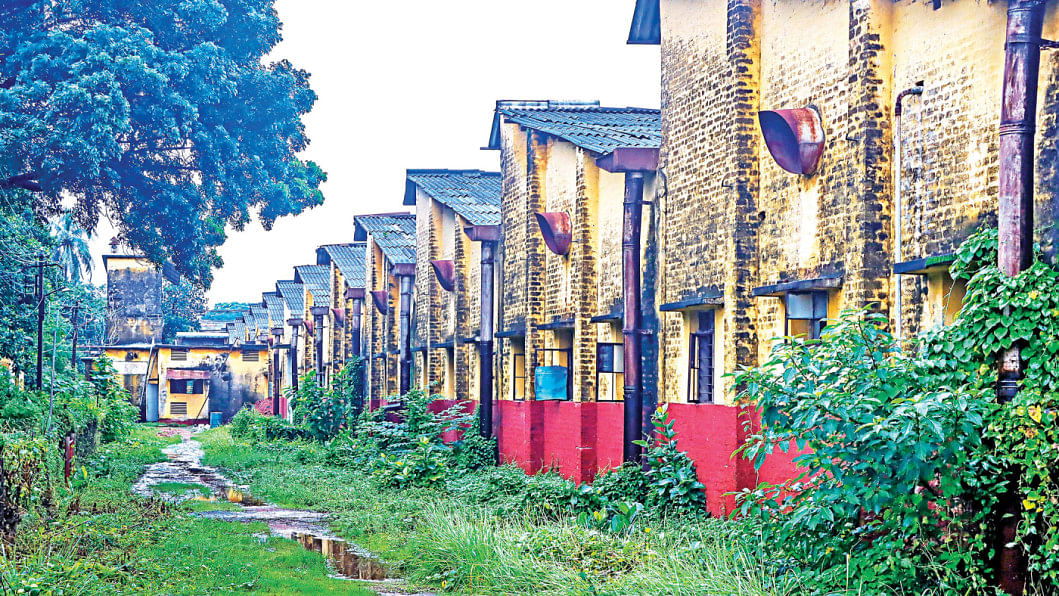
BROKEN PROMISES
The government plan was to reopen the mills within three months. That didn't happen.
Later, in April 2021, the Bangladesh Jute Mills Corporation (BJMC), which manages all government-owned jute factories and industries in Bangladesh, called upon interested investors to submit expressions of interest for leasing out 17 of the mills for a period of five to 20 years.
As of now, only 13 have been handed over to the private operators under lease.
In the Khulna-Jashore region, once the beating heart of the country's jute industry, nine mills were shuttered. Four have resumed limited production under private management, collectively employing just over 3,100 workers, a fraction of the 34,000 who once relied on those jobs.
"After I lost the job, even landlords started to act reluctant to rent houses to us. They are afraid we won't be able to pay the rent on time," said 49-year-old Nasima, who now works as a seasonal labourer.
"You'll see hundreds of 'To-Let' signs all over Khalishpur, but they won't rent to jute mill workers like us."
She was forced to leave her rented home in Noyabati, Khalishpur, and move to the city's Bastuhara area with her children, Hasib and Rahima. Her dreams of educating her kids faded quickly.
Her son, Hasib, took a job at a private power plant. Her daughter, Rahima, was married off early -- a choice made in desperation. A year later, Rahima returned home with a child in her arms. Her husband had left.
"I worked at the mill for 16 years," Nasima said. "But I was never made permanent. When it closed, they gave me Tk 114,000 as part of the golden handshake. That money doesn't last long."
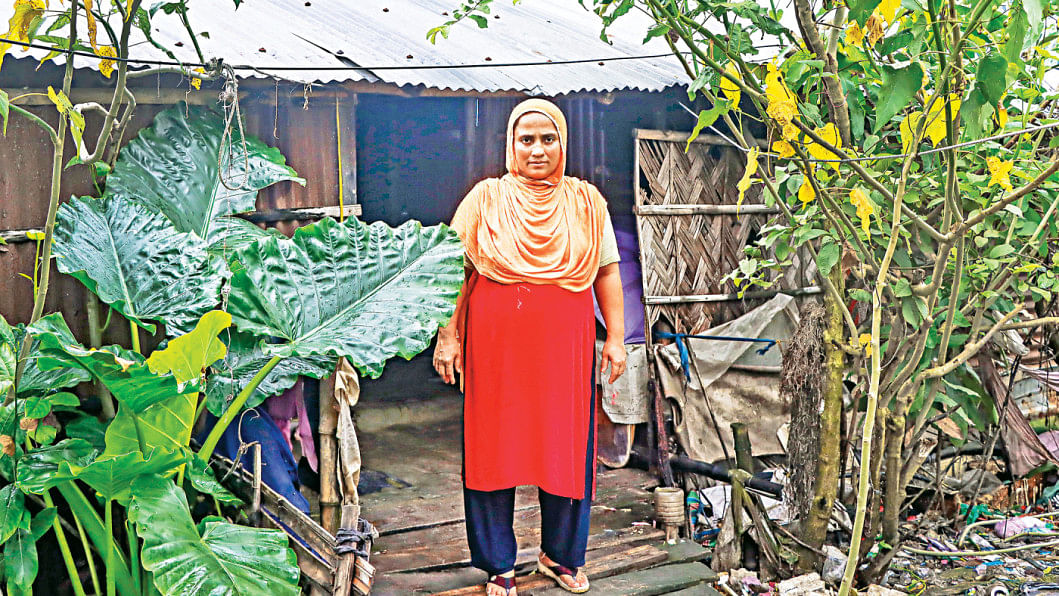
BEATING HEART NOW SKIPS A PULSE
Of the nine mills in the southwestern belt, three mills -- Daulatpur Jute Mills, Khalishpur Jute Mills and Crescent Jute Mills -- have been leased out. Meanwhile, two others, Platinum Jute Mills and Star Jute Mills, are in the leasing process.
In the Khulna-Jashore region, Jessore Jute Industries (JJI), Carpeting Jute Mills and Eastern Jute Mills are currently in production.
Alim Jute Mills has remained closed due to legal disputes related to its lease.
Daulatpur Jute Mills was handed over to Fortune Group on September 4, 2023. On March 14, 2024, they launched a shoe manufacturing unit on a limited scale within the mill premises.
At its peak, the shoe factory had about 700 workers across two production units. The factory recently declared a lay-off, leaving around 450 workers unemployed.
Masum Billah, legal adviser to Fortune Group, told The Daily Star that the factory used to export 100 percent of its shoes. "Due to trade complications with India, exports and new orders have come to a halt. This forced us to lay off the shoe factory," he said.
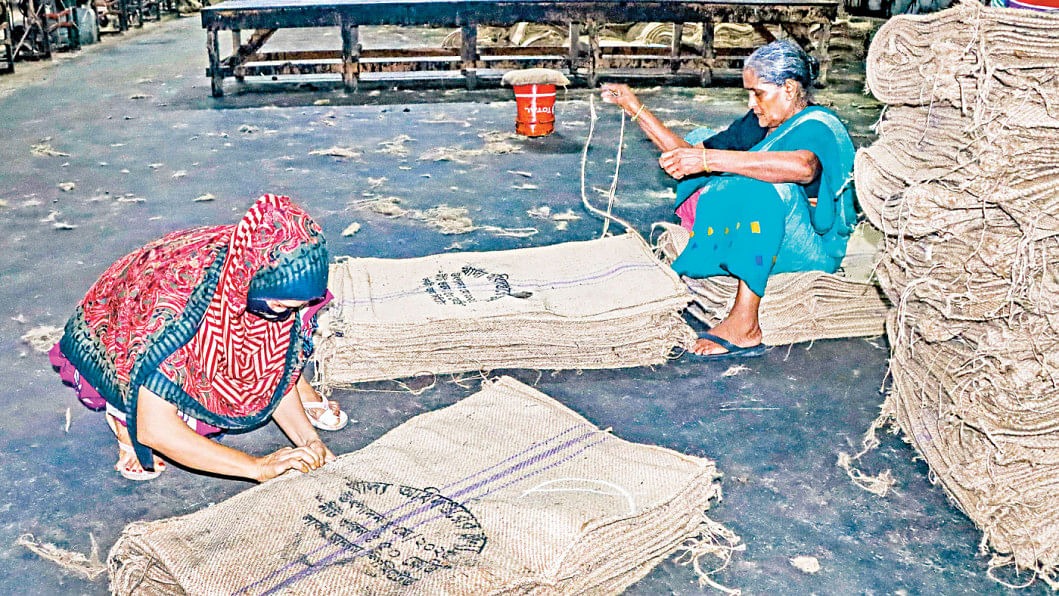
Currently, only 148 workers remain employed in the jute product section. But that unit, too, is under pressure due to the rising cost of raw jute and other operational challenges.
"We are producing just around one tonne of jute products daily. Over the last two years, our jute unit alone has suffered losses of nearly Tk 6 crore," Masum added.
However, Akij Group, which took over Jessore Jute Industries under lease in May 2023, has been producing jute goods. The monthly lease payment stands at Tk 15 lakh. Currently, around 2,000 workers are employed at the mill.
Abul Kalam, project head at the mill, said the group has installed new machinery, significantly increasing production.
The mill now produces between 65 and 70 tonnes of jute products daily, compared to a maximum of only 15 tonnes before its closure, he said.
Yet the number of jobs created is not enough to create opportunities for workers like Nasima.
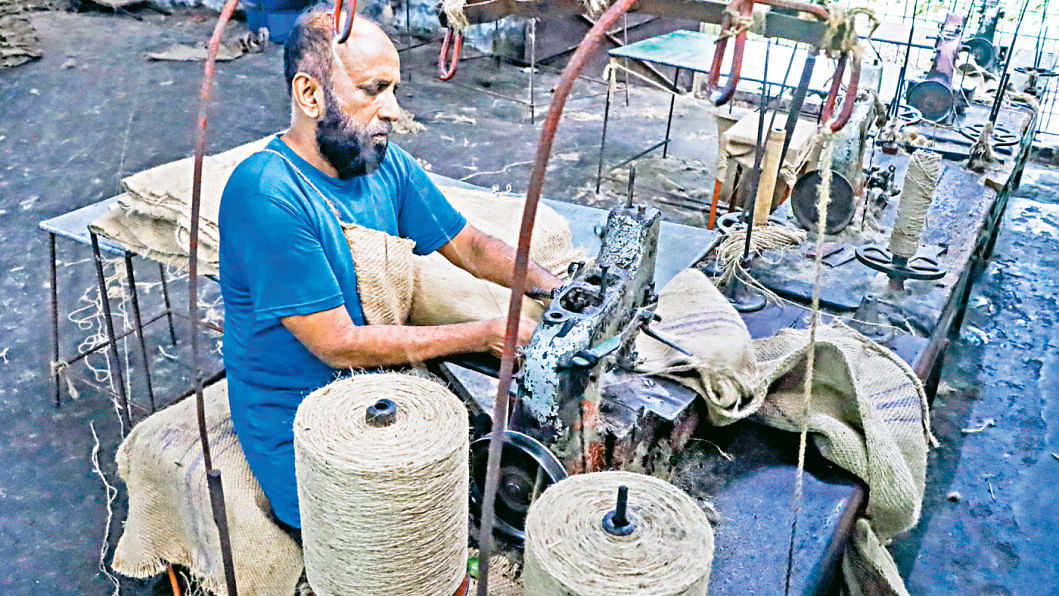
WHAT IS THE GOVT DOING?
Md Abdur Rouf, secretary at the Ministry of Textiles and Jute, told The Daily Star that efforts were underway to transfer the mills to the private sector.
"Today, (July 8) we finalised terms with four more mills," he said. "Many have already been leased out. Several mills began operations after taking leases but later withdrew. They cannot sustain the costs."
When asked why they were struggling or whether they wanted to diversify beyond jute, he replied, "We allowed and continue to allow them to venture into textiles beyond jute. These mills are very large in scale. They could utilise other sections of the premises for different purposes. Yet some lessees still terminated their agreements."
He added, "The jute mills are valuable resources. They must be utilised. That is only logical. The BJMC owns mills and factories across 13,000 acres of land. These sites are strategically important. They are being used in some form, and this must continue. Letting them sit idle is not an option."
"The BJMC or the government will not invest directly or run businesses here. They are stepping back from that. But there is no reason to leave these resources unused. The jute mills are resources," he said.
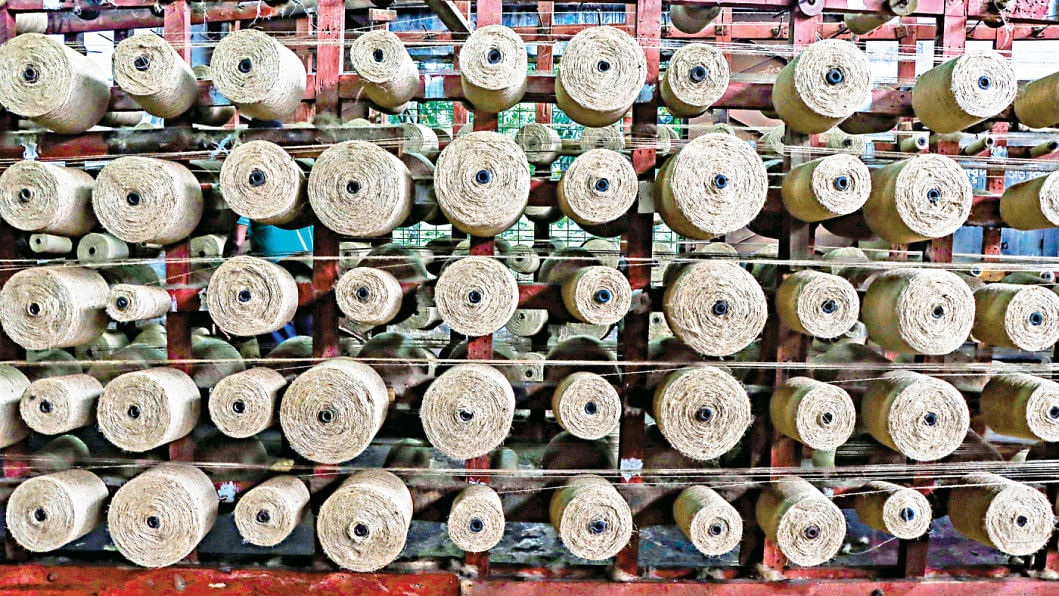
In a visit to Daulatpur Jute Mills earlier this year, Textiles and Jute Adviser Sk Bashir Uddin said the conditions for leasing jute mills to the private sector would be relaxed, allowing for the establishment of other industries alongside jute-based industries.
He noted that the initiatives to reopen jute mills under government management have only led to the loss of thousands of crores of taka and produced nothing fruitful.
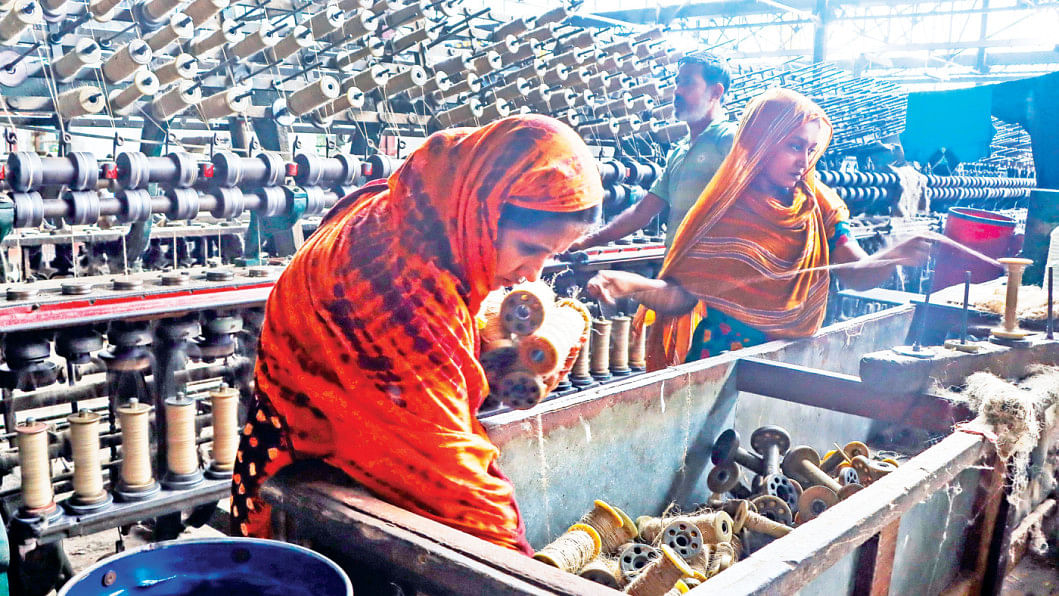
BJMC BLEEDING CONTINUES
The BJMC, which operated the mills until June 2020, incurred losses of Tk 775 crore in the fiscal year 2019-20, the highest on available records.
The corporation suffered Tk 400 crore plus in the subsequent year after shutting down the jute mills and laying off workers.
Its losses continued in the following years too, as delays in leasing out the closed mills to private players and integration of existing employees to other state agencies, and to protect its huge estate.
Since the closure of the mills, the BJMC's total losses crossed Tk 1,300 crore until FY25, according to the Bangladesh Economic Reviews of different years.
The government projects BJMC's loss at over Tk 210 crore for the current fiscal year.
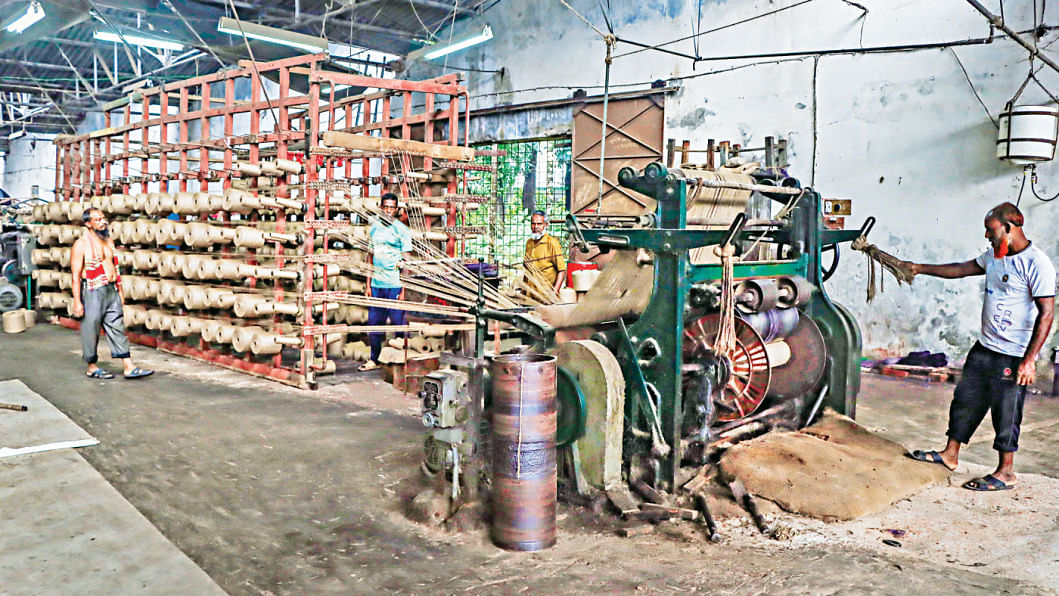
The closure of the loss-making mills might have slowed the bleeding by BJMC, but it did not stop completely. To do so, either the leasing process will have to be expedited, or the government will view the actual costs of life and livelihood through a different lens.
Kudrat-E Khuda, president of Patkal Rokkay Sammilito Nagorik Porishad, wants the government to reopen the mills and give priority to the experienced workers.
"Workers have the right to live with dignity," said the civil society activist.

 For all latest news, follow The Daily Star's Google News channel.
For all latest news, follow The Daily Star's Google News channel. 




Comments